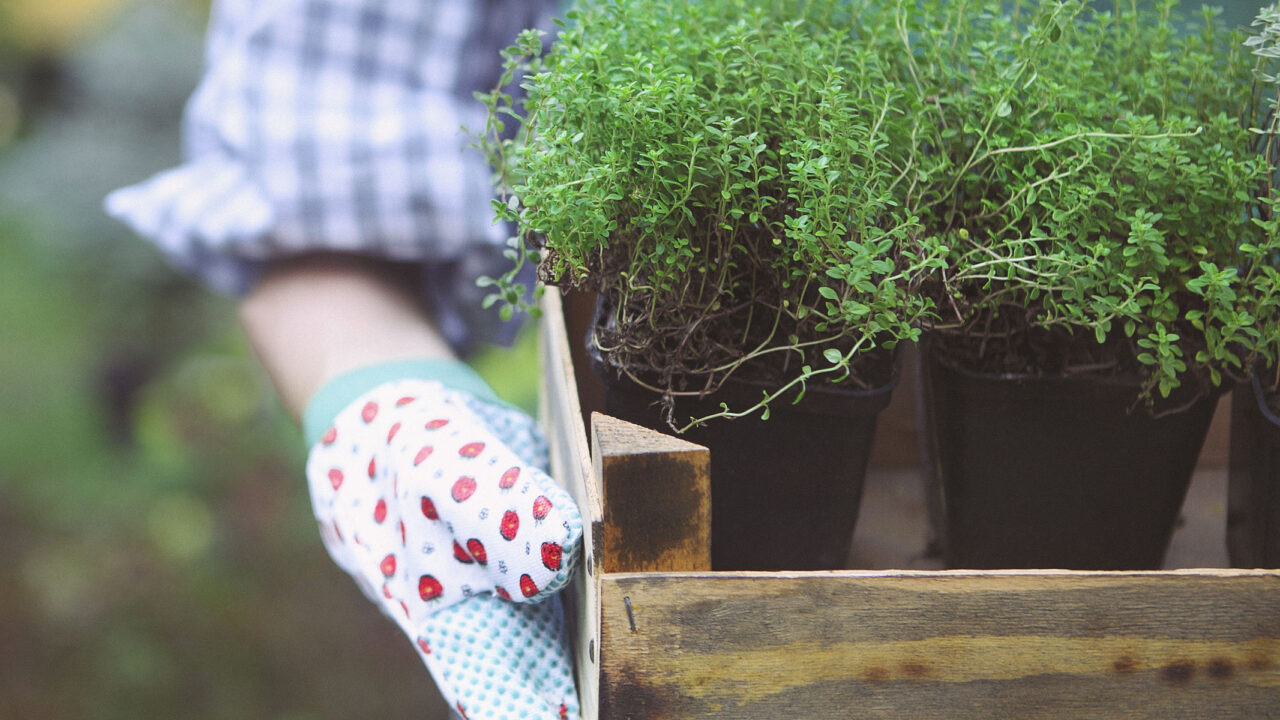by Scott Hill
With the Houston summer comes every gardener’s nemesis: mosquitos. You’ve tried spraying and putting up traps, but it’s not enough. You wonder if there are more natural ways to ensure these pesky bugs don’t come for you while you’re planting and tending to your yard. Here are a few methods for repelling mosquitos in your garden:
Remove Standing Water
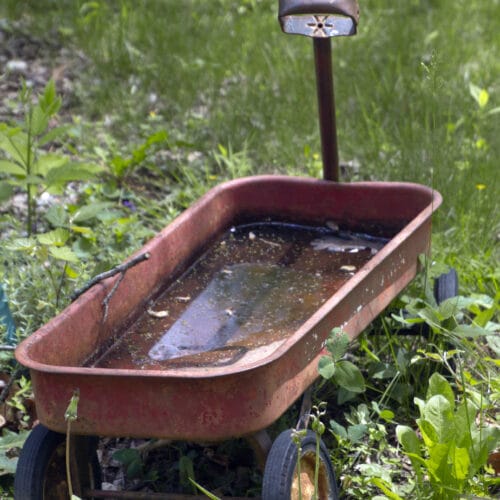
These insects don’t just pop up out of the blue. Their larva gestates in areas that have standing water. Places like birdbaths, fountains, ponds, and even your dog’s water bowl can host them, so it’s important to change out or remove liquids whenever you can.
If you have a soggy flower bed, consider raising it for proper drainage. Make it habit to empty and scrub wet areas to get rid of new eggs. Be sure to cover water storage containers and use netting to prevent new mosquitos from getting inside.
Use Mosquito Bits & Murphy’s Mosquito Repellent Products
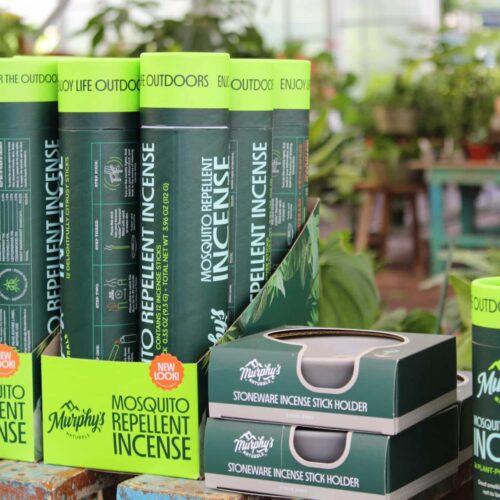
There may be some sources of standing water you are unable to drain, and Mosquito Bits are great for such an area. They contain a biolarvicide that kills larva before they mature into adults that breed. You sprinkle some in, and it can take about 24 hours for larva to die off.
As a bonus, Mosquito Bits also work with fungus gnats. You can use them for any plant you suspect may contain troublesome insects. Safe for pets and humans!
Add These Plants
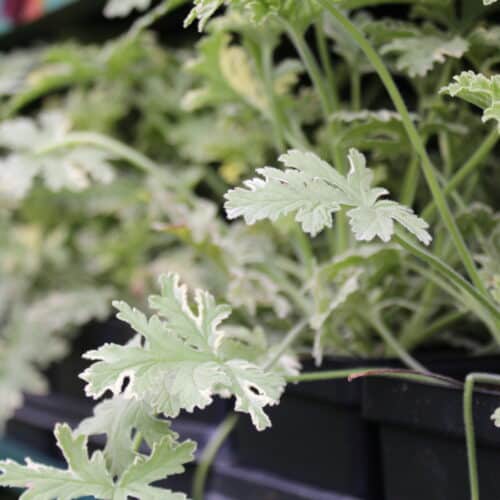
Consider bringing some beneficial plants to your garden as a repellent. Herbs like lavender, lemongrass, rosemary, mint, and scented geraniums will do the trick. You can also plant the perennial Copper Canyon Daisy or annual marigolds to help, too. A great shrub that works is the southern wax myrtle. Garlic bulbs and chives are also great for keeping these vampires at bay.
These plants contain oils that have properties known to drive mosquitos away. As an added tip, make sure these aren’t growing in places that collect water. Well-draining pots and spots in the ground will ensure they work their magic.
Set Up Bat Houses
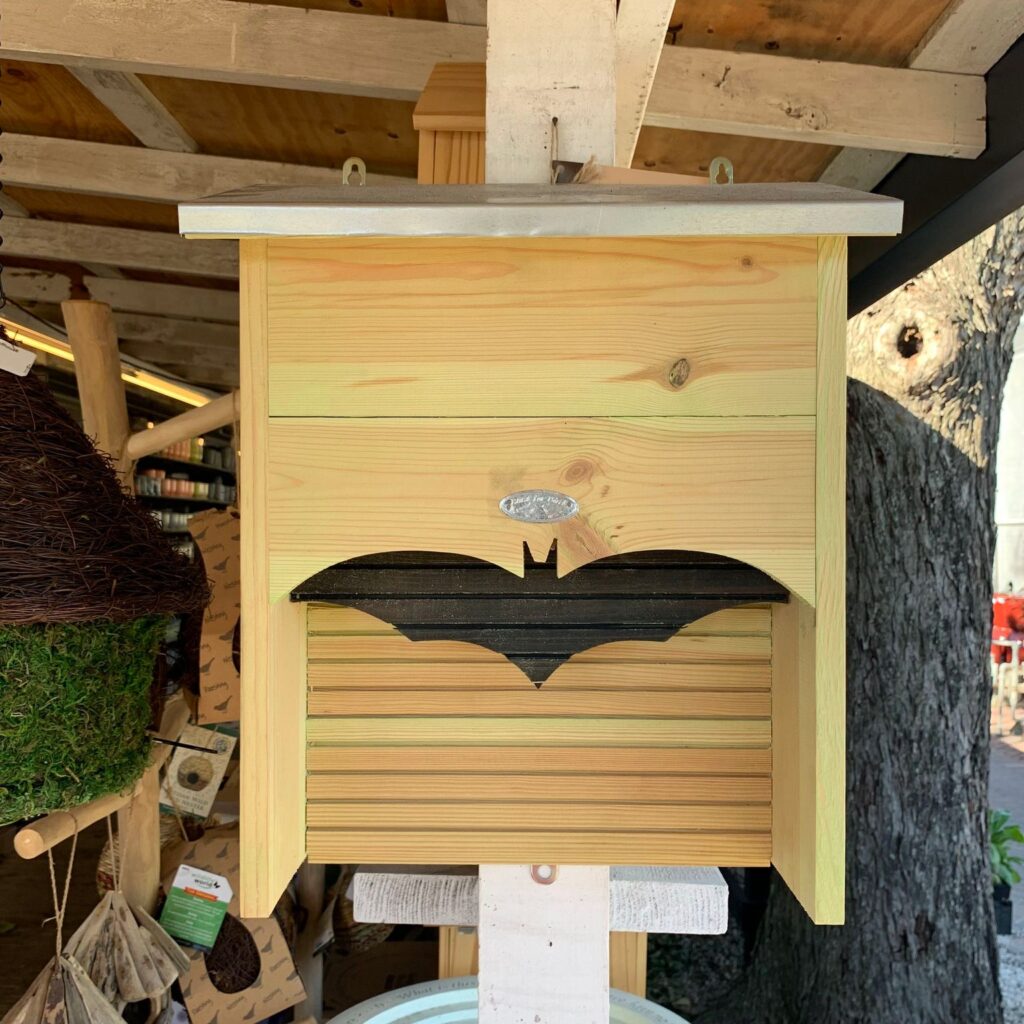
Bats are known to help reduce your bug count. A carefully designed house placed up high will give them a home to rest during the day. And at night, they will feast on all types of insects.
Bats are beneficial and it’s helpful to provide homes for these often-misunderstood animals. They are known to be great pollinators for a variety of plants like peaches, bananas, and agaves. Bats are also great for seed dispersal, which is an excellent attribute for our ecosystem. Give them their own space outside to do their thing and you can relax knowing your insect problem is a thing of the past.
Happy gardening!
